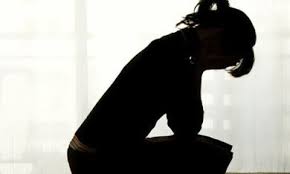Rarely, there is one clear sign that someone you care about is struggling with an eating disorder. Eating disorders are complicated. It is important to do some research to know what to look for if you have concerns.
Physical symptoms of significant weight loss or gain, compulsive exercising, and vomiting are strong evidence of an eating disorder. But they are not the only indicators. Below is a list of additional possible signs that someone may be struggling.
Possible signs of an eating disorder:
- Constant thoughts about his/her weight
- Enjoys cooking for others, but rarely cooks for themselves
- Frequent weighing of self
- Weight determines their mood for the day
- Avoids eating with family and friends
- Feels guilty after eating
- Frequently compares their body to others
- Preoccupation with the eating behaviors of others
- Eating to relieve stress or depression
- Constant concerns about being fat
- Difficulty concentrating
- Increased isolation
- Frequent participation in diet fads
- Eats the same rigid foods all the time
- Declines social engagements because they must work out
- Quick exit after meals
- Laxative/diuretic abuse
Supportive steps
If the person you are concerned about is struggling with one more of these signs, know that there are many support options available. We suggest you continue to educate yourself on the treatment of eating disorders and consulting with a specialist for information on how to address your concerns with your loved one. It can be helpful to have at the ready resources of support available in your area.
The road to recovery is rarely straightforward and is challenging for all involved. It’s important to also prioritize your own self-care, physical and mental health. That will enable you to stay grounded and patient in the process of healing. Hold hope that positive change is possible!
If you would like to learn more about working with an Evolve clinician, we offer a complimentary 15-minute call.




